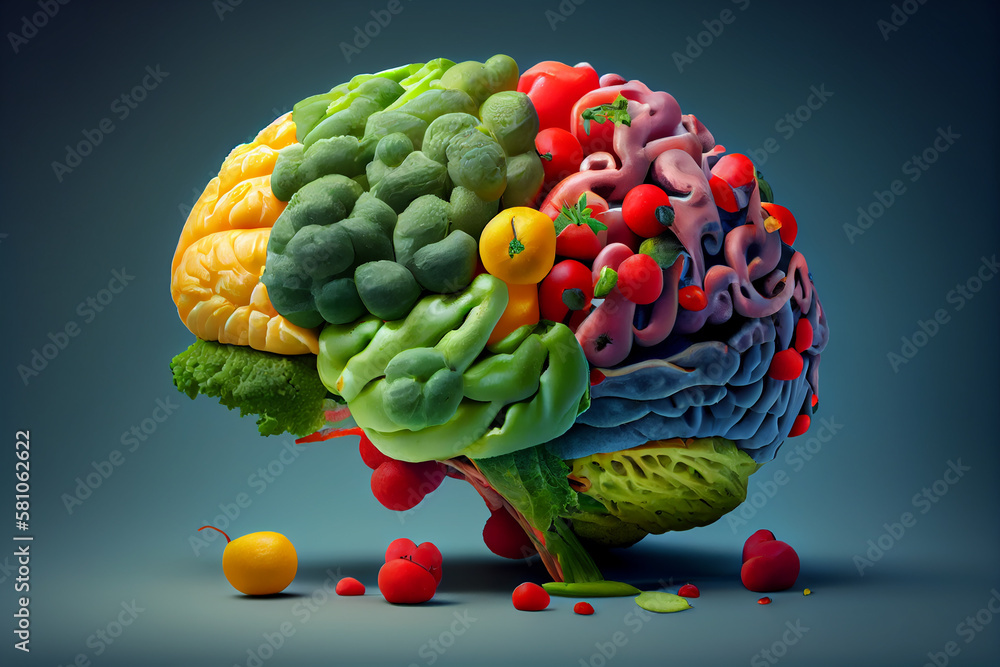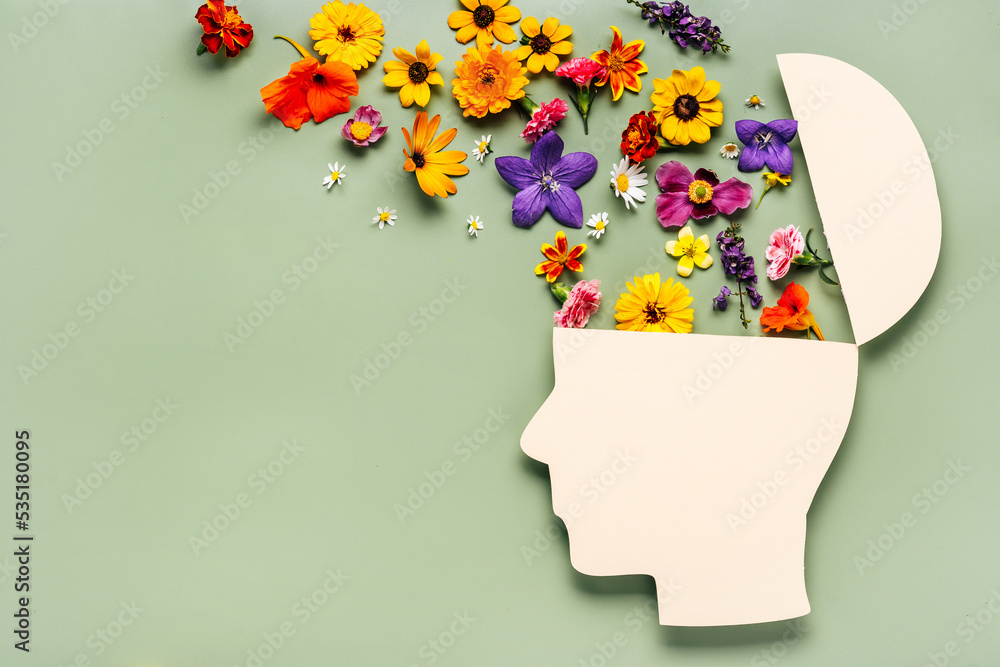When navigating the path of recovery from an eating disorder, every bite matters—not just for nutrition but for emotional healing and holistic well-being. In this journey, certain foods can play a unique and supportive role. One surprising yet powerful ally? Mushrooms.
Let’s explore how mushrooms can support those recovering from eating disorders, both nutritionally and psychologically.
🍄 1. Nutrient-Dense and Gentle on the Body
For individuals with eating disorders, rebuilding a healthy relationship with food often starts with choosing options that nourish without overwhelming the digestive system. Mushrooms are:
- Low in calories but high in nutrients - ideal for safe, non-triggering nourishment.
- Rich in B vitamins, which are crucial for energy production and mood regulation.
- Contains essential minerals like selenium and potassium, supporting immune and heart health.
🧠 2. Support Mental and Emotional Health
Mental health is at the heart of eating disorder recovery, and mushrooms have compounds that positively affect the brain:
- Lion’s Mane is known to support cognitive health and may help with anxiety and depression—common co-occurring conditions.
- Reishi helps regulate stress hormones, promoting calmness and reducing emotional eating triggers.
- Mushrooms contain ergothioneine, an antioxidant that protects the brain from stress-related damage.
🌱 3. Encouraging Mindful Eating
Eating disorders often involve disconnection from the eating experience. Cooking with mushrooms—cleaning them, slicing them, observing their earthy aroma—can become a form of mindful practice. Their umami flavor also helps reintroduce enjoyment in food, especially in those who fear rich or heavy meals.
🍽️ 4. A Gentle Protein Source
Mushrooms, especially varieties like shiitake, oyster, and portobello, provide small amounts of plant-based protein and amino acids—essential in rebuilding muscle mass and strength during recovery, particularly when the body is healing from restriction or malnourishment.
💚 5. Inclusion Without Fear
Due to their low allergenic profile and easy digestibility, mushrooms are often a safe food to incorporate during early stages of reintroducing meals. They can be adapted into a wide variety of dishes—from soothing soups to savory sautés—making them comforting and familiar without being overwhelming.
🌟 Conclusion: A Tiny Food With Tremendous Power
Mushrooms may not be a magic bullet, but their subtle strength lies in their ability to gently nourish the body and mind. For anyone on the path to recovery from an eating disorder, they offer grounding support, both on your plate and in your healing journey.
Always consult with a healthcare provider or registered dietitian when reintroducing foods in recovery. But don’t underestimate the humble mushroom—it might just become your unexpected hero.
Have mushrooms helped you in your recovery journey? Share your story or favorite mushroom dish in the comments. 🌿
Stay connected with more wellness content from Mushronic—where food, health, and healing grow together.







